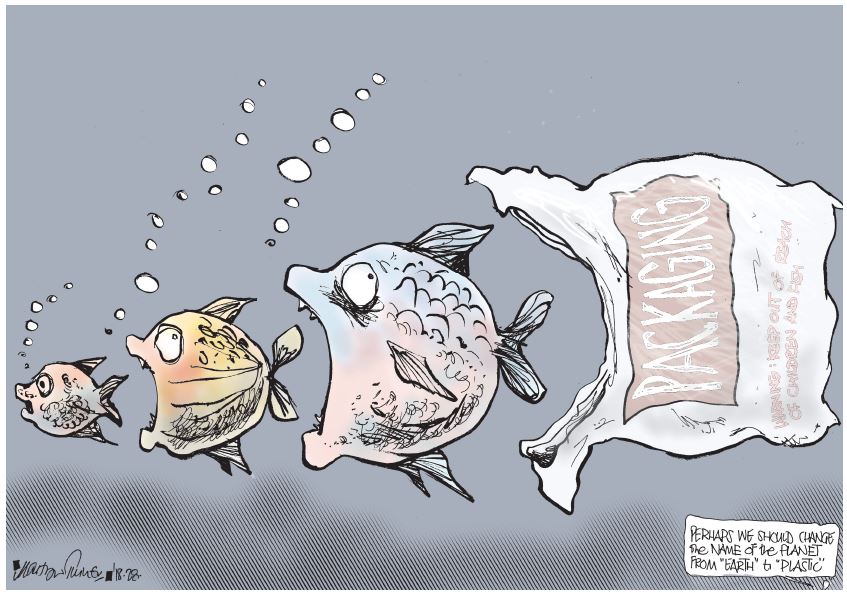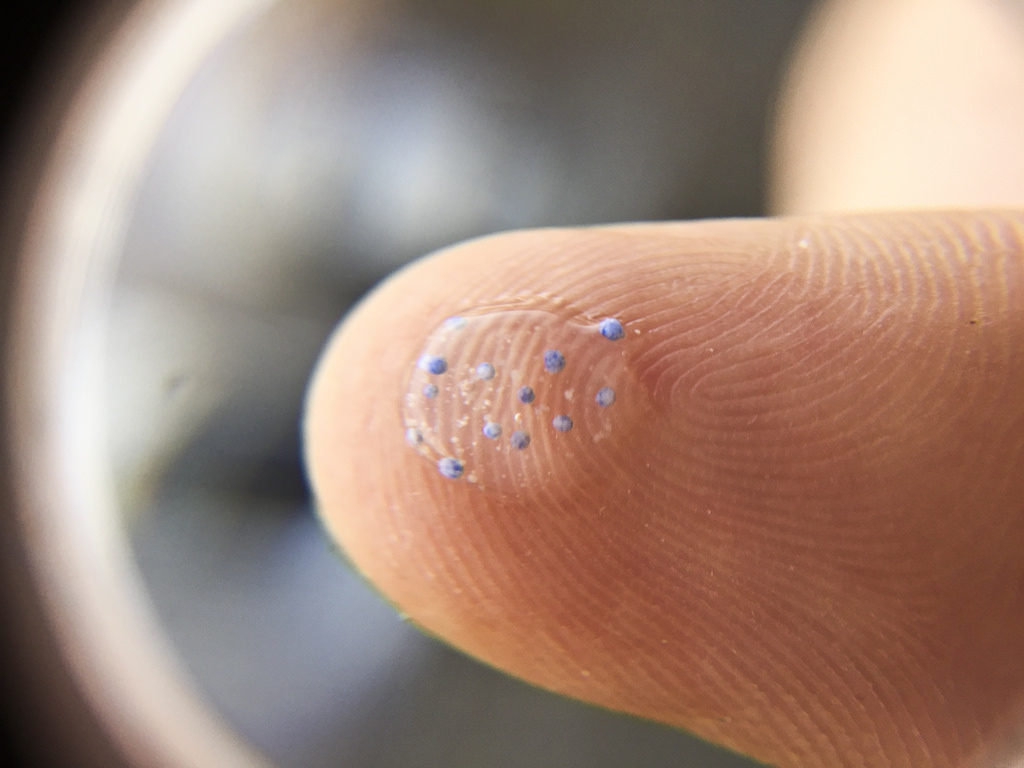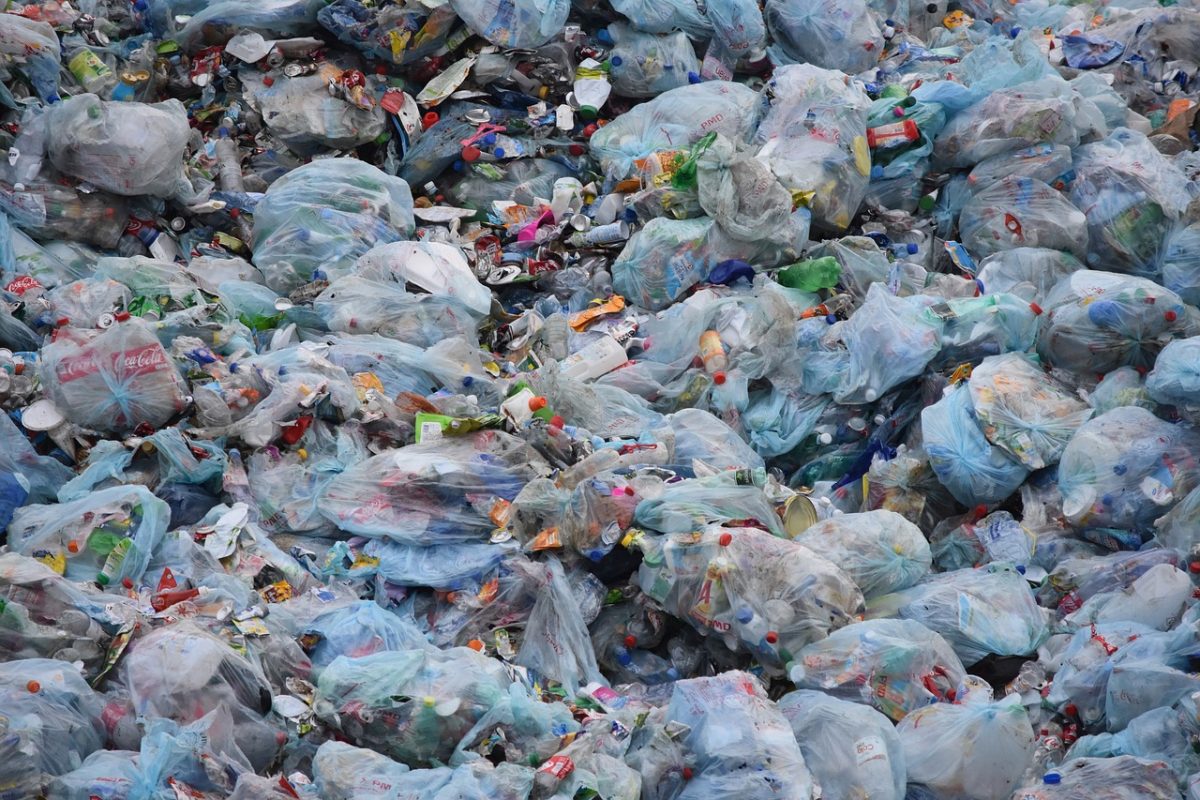BPA found in majority of teens tested as part of new British study

February 19th, 2018
The industrial chemical BPA, found in many everyday plastic items, was identified in the majority of teenagers tested as part of a new British study.
The study conducted by the University of Exeter found high concentrations of bisphenol A (BPA) in 86 per cent of the 94 British teenagers who took part in the project.
BPA is used in dental sealants and heat-resistant papers, as well as numerous common items such as plastic containers, water bottles, cans and plastic packaging used in the food industry.
It can be absorbed by food, as well as through the skin. Numerous studies have associated the chemical with type 2 diabetes, cardiovascular disease, obesity and significant changes in sex hormone levels.
Study Results
The study aimed to reduce BPA levels in the teenagers, all of whom come from schools in the South West of the UK.
In order to do so, researchers introduced foods and drinks with lower levels of processing and without BPA into the teens’ diet.
The diet was also designed so that the teens would avoid eating fruits and vegetables packaged in plastic, tinned foods, and premade meals reheated in microwaves with packaging containing BPA.
The students were advised to swap plastic containers for stainless steel and glass storage containers. They were also asked to use these type of containers when microwaving food.

Photo: derneuemann
The results showed that participants were only able to reduce the BPA levels in their bodies after seven days, despite following the diet guidelines.
According to the study, students found it difficult to follow the diet due to the large number of food products that are packaged in plastic containing BPA.
The teenagers also reported that it was unclear from labels if products contained BPA and a general difficulty in finding food items without BPA packaging.
The researchers concluded that there was no evidence in the study that it was feasible to reduce BPA exposure in a “real world” setting.
Lead researcher, Professor Lorna Harries, said that currently, it is very difficult to avoid exposure to BPA as it is so extensively present in our food and environment.
She added that products containing BPA require better labeling so that consumers can make an informed choice.
Prof Harries added: “In an ideal world, we would have a choice over what we put into our bodies. At the present time, since it is difficult to identify which foods and packaging contain BPA, it is not possible to make that choice.”
EU action to limit BPA
The European Union (EU) has taken some measures to restrict the use of BPA in food and products such as toys and thermal paper such as receipts from cash registers or ATMs. From 2020, paper manufacturers will have to substitute BPA with other dye developers.
The EU also recently announced manufacturers, importers, and suppliers of BPA will now need to classify and label all their products containing BPA by March 2018.
There are also restrictions in place on the amount of BPA allowed in toys for infants up to three years old, with a lower limit set to come into effect by the end of November this year.
The European Food Safety Authority is also currently re-evaluating the risks to public health of foodstuffs with BPA.
[x_author title=”About the Author”]







